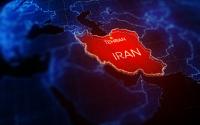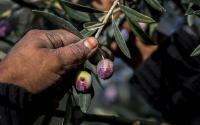19 October 2005Planetark
Brazil's government on Tuesday set aside more relief funding for the Amazon region, which is facing its worst drought in 40 years, to stave off health epidemics and help residents cope.
A week after saying it would use the army to prevent food shortages and sickness in over 900 towns and villages, the federal government budgeted an additional $14 million for its biggest Amazon relief effort.
"We have to prevent epidemics, the most worrying thing is the pollution of drinking water," National Integration Minister Ciro Gomes said.
Since the drought began two months ago, millions of fish have died and rotted in the dry beds of Amazon tributaries that provided water, food and access to river communities.
As people drink water contaminated by dead fish and human waste, officials fear there could be outbreaks of diarrhea. Mosquito-born diseases like malaria are another worry.
Last week, Amazonas state said it faced an emergency, prompting the federal government to send in the armed forces to prevent epidemics and hunger.
On Sunday, an army general complained a lack of federal funding was slowing the relief effort.
Brazil's army, navy and air force are using 14 helicopters and three transport planes to deliver medicine, staples like rice and beans and 18 tons of water purification chemicals across Amazonas, an area the size of Alaska.
Relief efforts have so far been concentrated to 170,000 isolated river dwellers in Amazonas. Other states in the five-state Amazon region affected by the drought include Acre and Para.
Water levels are expected to fall for several more weeks before winter rains arrive. The returning rain will resuscitate the Amazon River, but it also raises the risk of disease outbreaks because the riverbeds are contaminated by dead fish and human waste.
Lack of rainfall occurs naturally in the Amazon, but some scientists argue the drought may have been aggravated by deforestation.
Carlos Nobre, a senior researcher at Brazil's National Space Sciences Institute, said cutting down trees reduces moisture in the air and burning the rainforest creates smoke that stops rain formation.
"It's not the principle factor but it can reduce rains in the area," he said.






